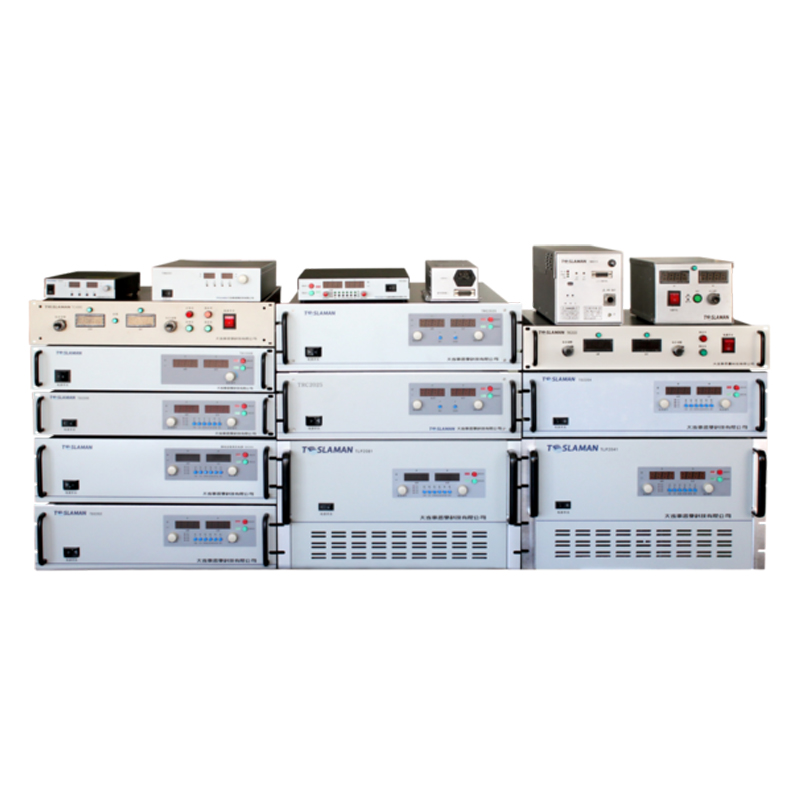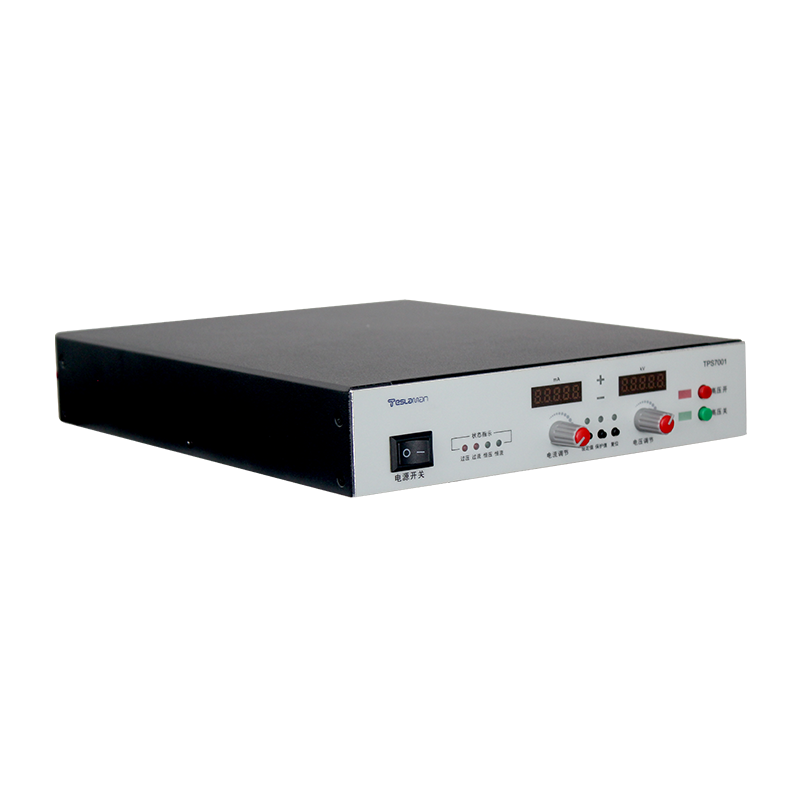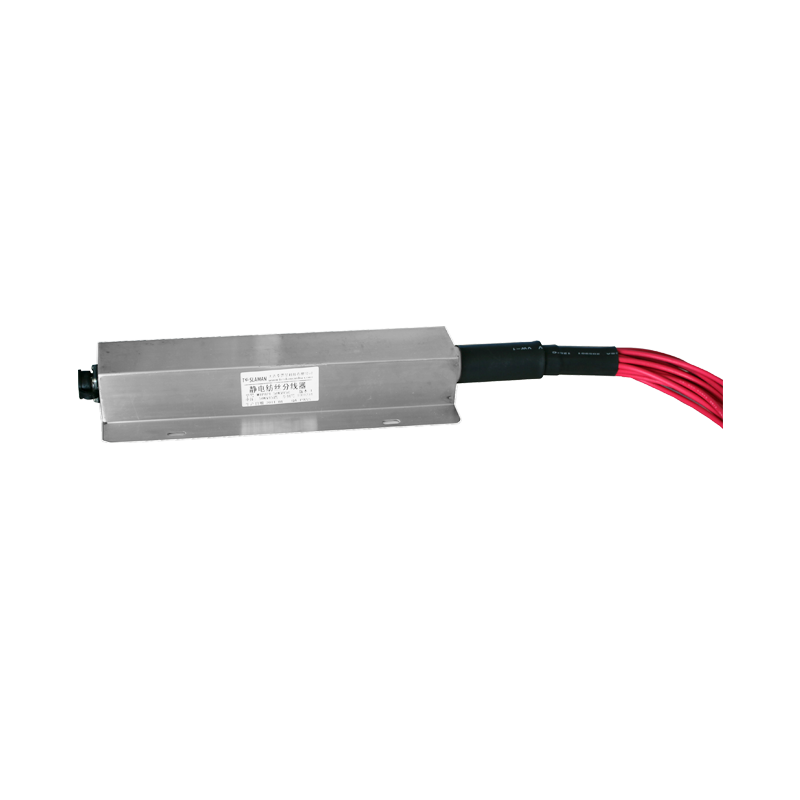The Critical Role of High Voltage Generators in Power System Frequency Stability Control
With the continuous development of power systems and the ever-increasing national demand for electricity, how to ensure the stable operation of power systems has become an important issue facing the power industry. Power system frequency stability is one of the key indicators measuring the stability of a power system and is crucial for its normal operation. As a vital piece of electrical equipment, high voltage generators play a key role in the control of power system frequency stability. This article will discuss the application of high voltage generators in power system frequency stability control from a professional perspective.
I. Principles and Classifications of High Voltage Generators
A high voltage generator is a device that increases low voltage to high voltage, primarily through processes such as transformer boosting and rectifier filtering. Based on their working principles and structural characteristics, high voltage generators can be divided into the following categories:
1. Line Frequency High Voltage Generators: These use line frequency transformers as boosting elements and have the advantages of simple structure and high reliability. However, they are larger in size and have lower efficiency.
2. High Frequency High Voltage Generators: These use high frequency transformers as boosting elements and have the advantages of small size, high efficiency, and low temperature rise. However, they have higher costs and higher requirements for power quality.
3. Pulse High Voltage Generators: These use pulse transformers as boosting elements and have the advantages of high output voltage and adjustable pulse width. They are suitable for occasions requiring high voltage and narrow pulses.
II. The Role of High Voltage Generators in Power System Frequency Stability Control
1. Improving Generator Excitation System Stability
The generator excitation system is one of the key factors affecting power system frequency stability. High voltage generators provide stable DC voltage for the generator excitation system, which is conducive to improving its stability. When the power system load changes, the generator excitation system can respond quickly, adjusting the generator output voltage to maintain power system frequency stability.
2. Ensuring Reactive Power Balance in Power Systems
Reactive power in power systems is essential for maintaining frequency stability. High voltage generators can provide high voltage for reactive power compensation devices (such as capacitors, reactors, etc.), allowing them to operate and thus ensuring reactive power balance in the power system. When the power system load changes, reactive power compensation devices can quickly adjust reactive power, helping to maintain power system frequency stability.
3. Improving Power System Transient Stability
Power system transient stability refers to the ability of the power system to quickly return to a stable operating state after a fault or sudden load change occurs. High voltage generators can provide stable high voltage for protective devices and automatic control devices in the power system, ensuring their normal operation and thereby improving power system transient stability.
III. Conclusion
In summary, high voltage generators play a critical role in power system frequency stability control. To ensure the stable operation of power systems, it is necessary to pay full attention to the selection, installation, and maintenance of high voltage generators. At the same time, with the development of power electronics technology, the performance of high voltage generators will continue to improve, providing more reliable assurance for power system frequency stability control.




















